HOMELESS
Court rules multimillion Malmö homeless housing deal illegal
A 340 million (€32m) kronor deal struck by Malmö's city government to build 133 new apartments for homeless Malmö families has been ruled illegal by the Administrative Court of Appeal in Gothenburg.
Published: 26 March 2019 08:36 CET
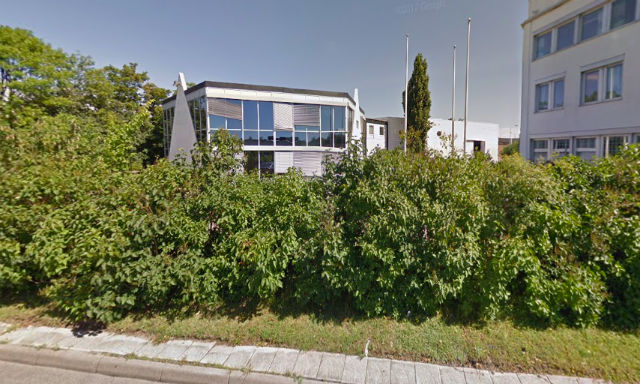
The plot in Limnhamn where the apartments for homeless people were to be built. Photo: Google Maps
Malmö's city government awarded the contract to Skånska Strand, owned by local businessman Tommy Månsson, without any sort of public tender, sparking an immediate outcry from opposition politicians.
In August, a court in Malmö ruled that the contract was illegal, as it should have been tendered out according to Sweden's Law of Public Procurement (LOU). And on Monday, the appeals court in Gothenburg backed the Malmö court's decision.
“The Administrative Court in Gothenburg judges that the purpose of the deal was to produce a building,” the court's chair Åsa Ståhl said in a press release.
“The municipality has exerted a deciding influence of the construction project. The contract is therefore for a public construction project. Such a contract should be tendered under LOU. The deal is therefore deemed illegal.”
Malmö and Skånska Strand had structured the 20-year-deal as a lease agreement, which Andreas Schönström, the Social Democrat councillor ultimately responsible, argued at the time meant it should be exempt from Sweden's LOU law.
“Those of us who were at the meeting where Schönström smirked that it didn't need any official tender are smiling more than usual today,” wrote the Moderate MP John Roslund on his Facebook page.
Roslund fought the deal in 2017 and last year called the contract “one of the most remarkable things I've seen in all my years as a politician”.
Much of his opposition stemmed from the decision to locate the apartments in Limhamn, a relatively middle-class district of Malmö.
“A nice victory for people in Limhamn today,” he wrote. “The council's attempt to destroy Limhamn with a concentration of hundreds of homeless people ended in tears.”
The deal had also been criticized because Månsson owns Skånska Strand through a Cyprus-based company, meaning any profits for the deal would probably not be taxed in Sweden.
It is unclear whether Malmö municipality will seek to appeal the judgement to the third and final court.
Url copied to clipboard!

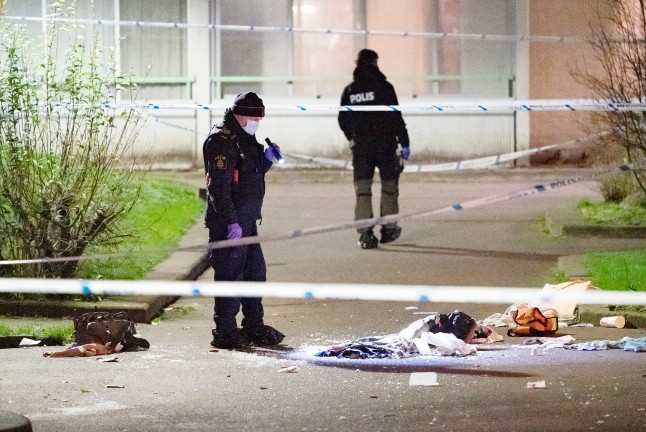
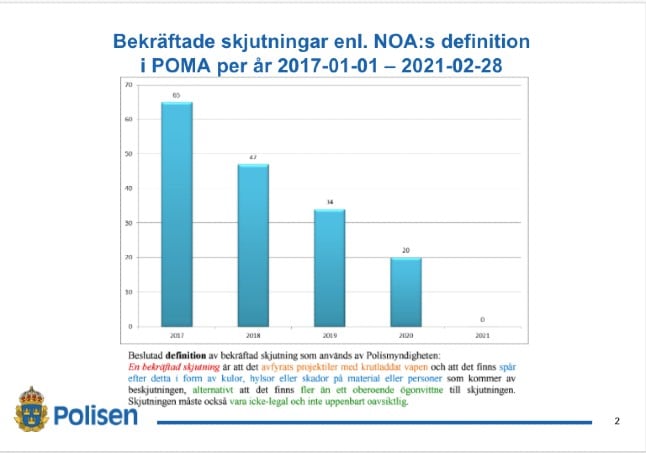
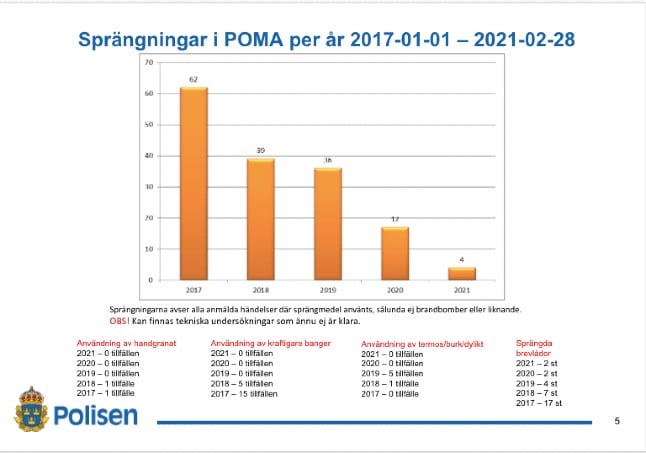
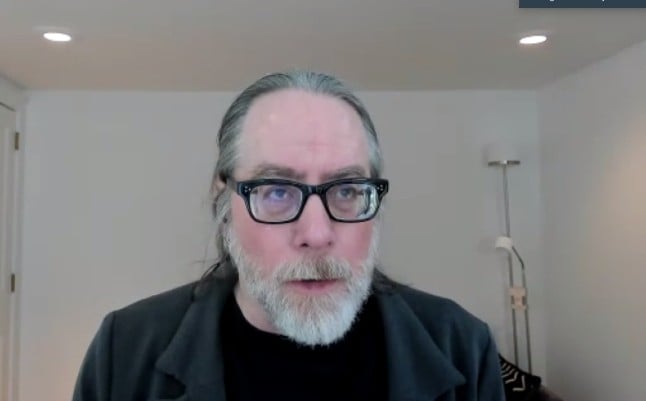
 Please whitelist us to continue reading.
Please whitelist us to continue reading.
Member comments